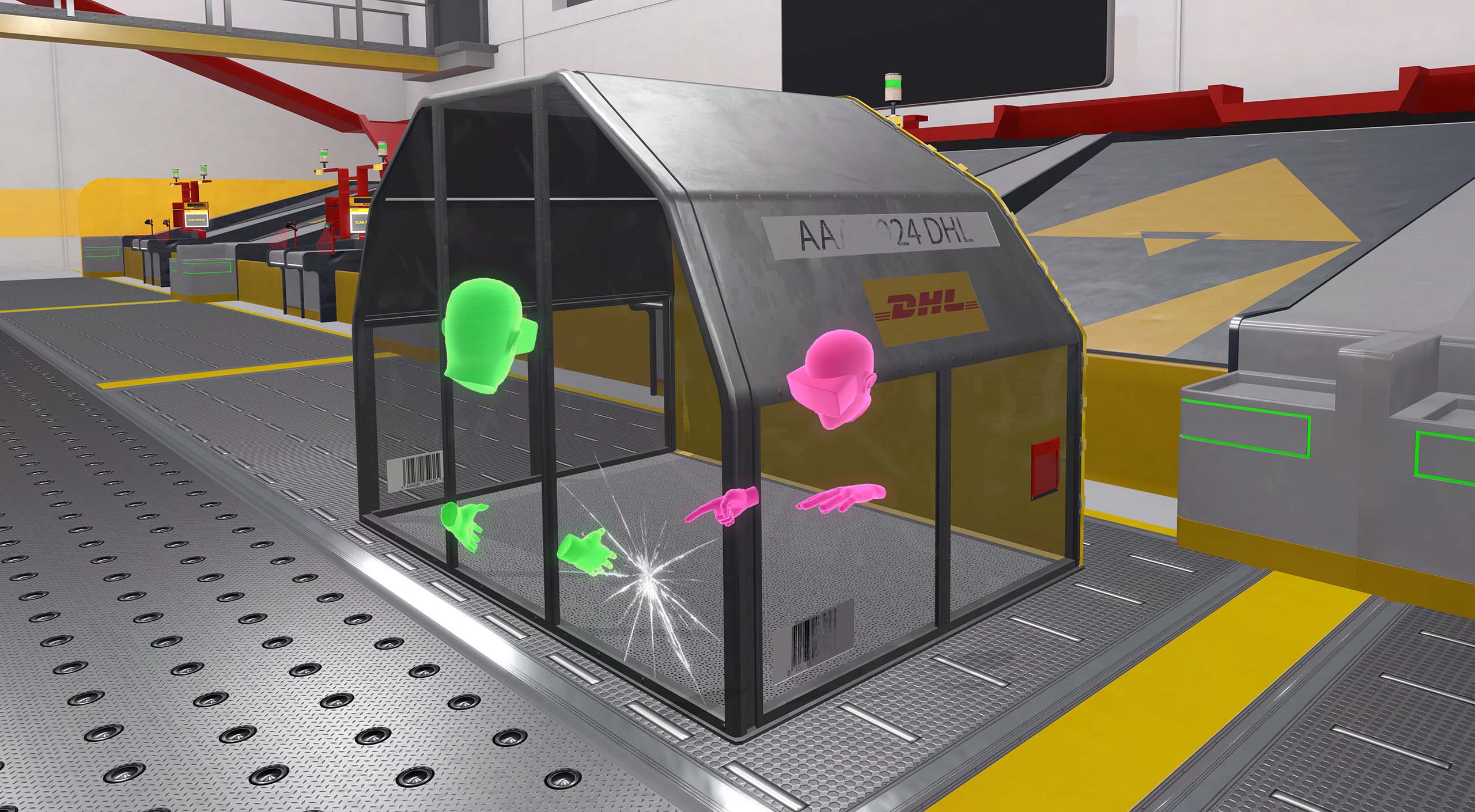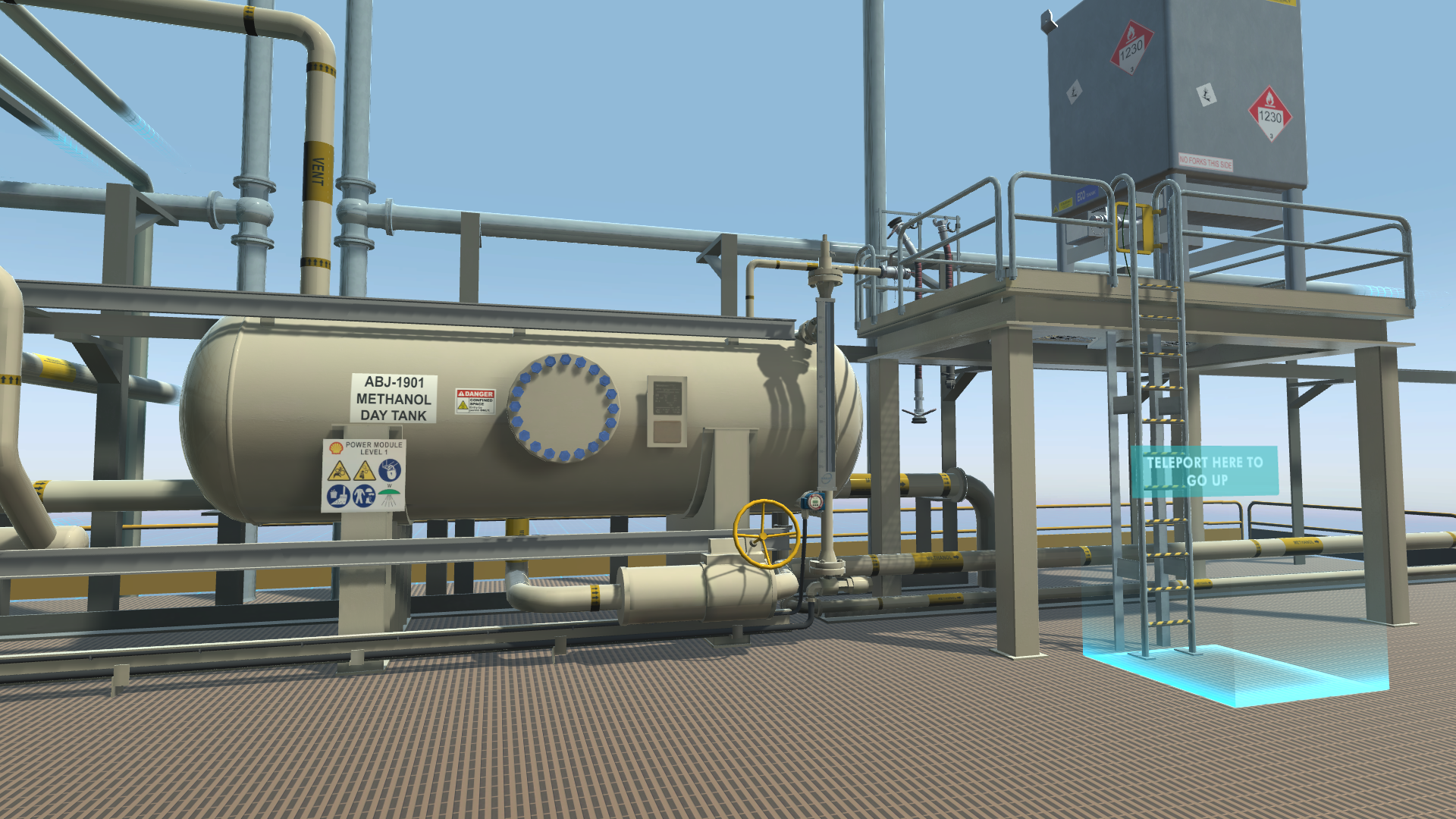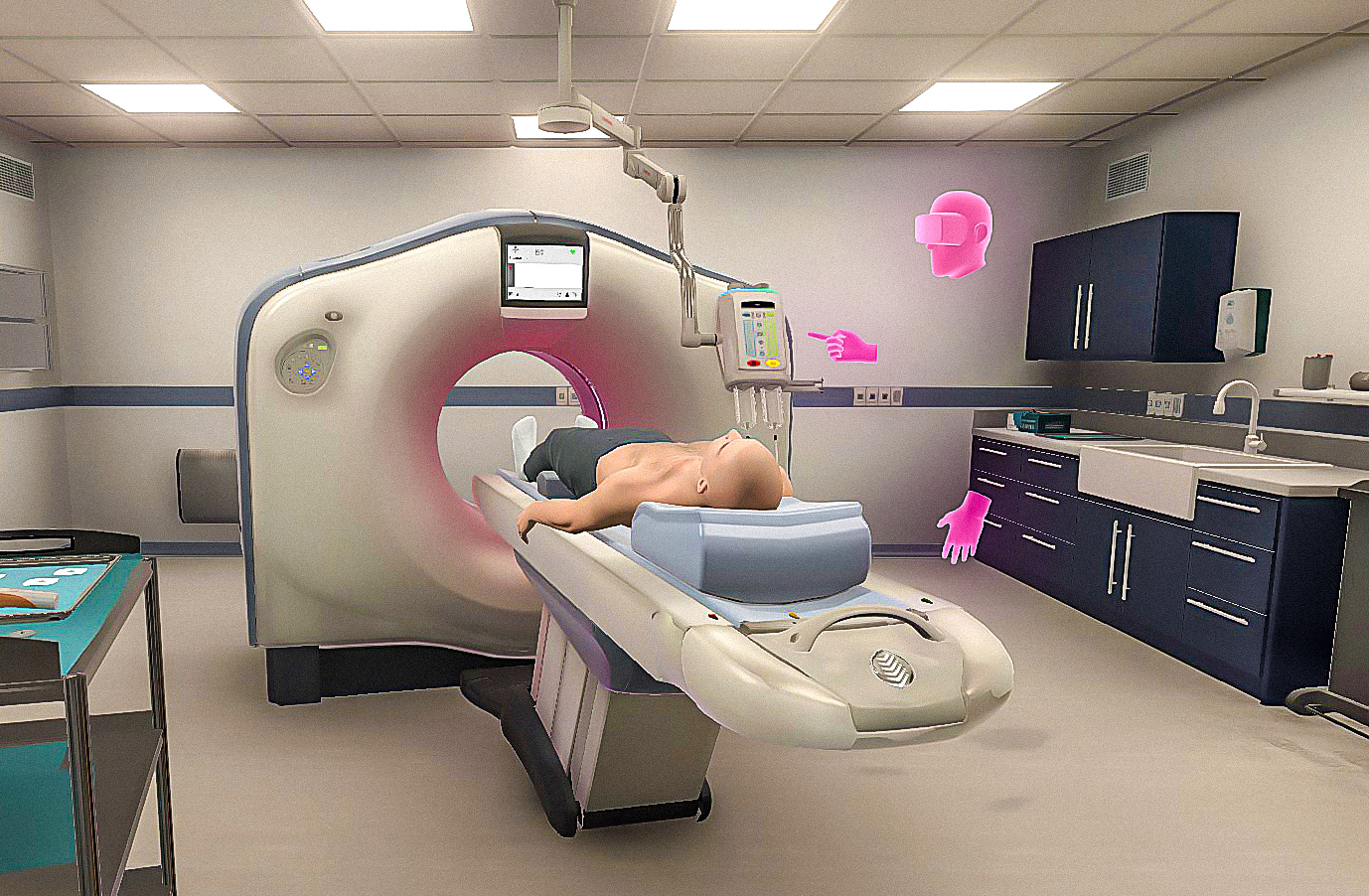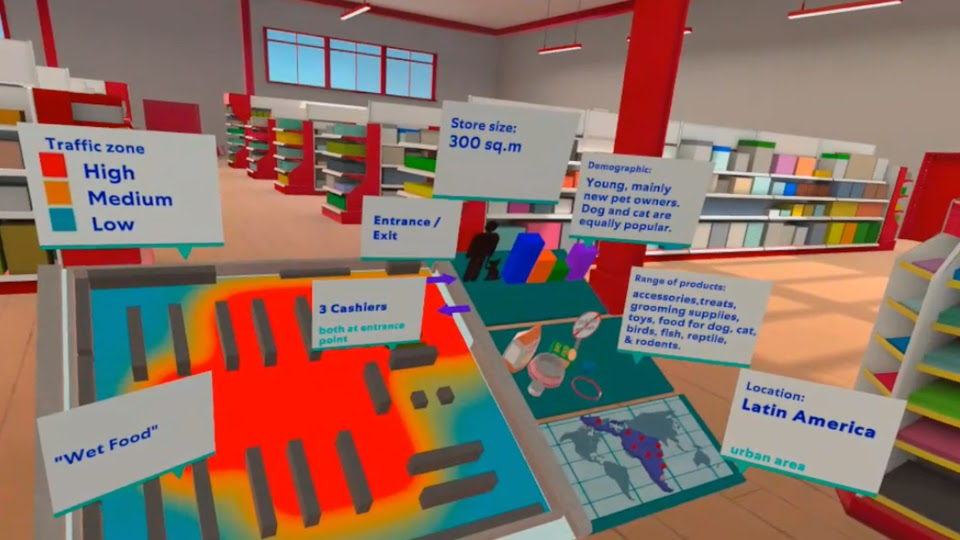

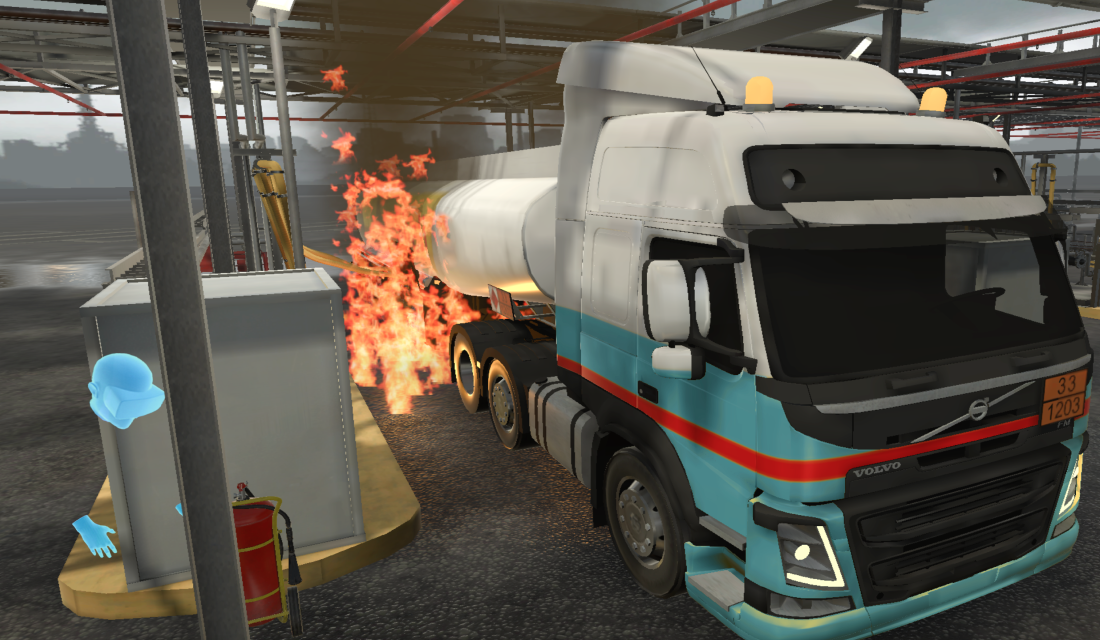
In this customer story
Higher throughput of trainees
Ability to recreate training scenarios consistently
High-risk scenarios recreated with no actual real-world risk
Objective and auditable data capture
Simple hardware and cloud-based content distribution makes it easy to scale
For Shell, ensuring that all safety procedures are followed correctly is critically important – especially in emergencies. But recreating these scenarios in real life can be impractical and expensive, while computer-based training does not provoke the kind of emotional challenge needed to test the trainee. In this instance, Shell wanted to simulate an accidental overspill on a storage tanker, requiring the trainee to follow the appropriate procedures to extinguish the fire.
The team recognised that VR training can provide unprecedented opportunities to recreate these scenarios in a safe, repeatable and cost-effective way.
We created a highly dynamic and flexible VR programme, challenging trainees to solve the problem using their existing knowledge and skills with no instructions or advance warnings, just like a real-world scenario. Decoy objects test decision-making whilst realistic sounds and hi-res visuals recreate the intensity of a real-life situation. Assessors can either join users inside the VR experience or online from anywhere in the world, and have the ability to control the whole experience. They can, for instance, trigger actions such as a fire at any time, resulting in a dynamic and variable simulation. Additional scenarios are being created for global roll-out using Immerse.
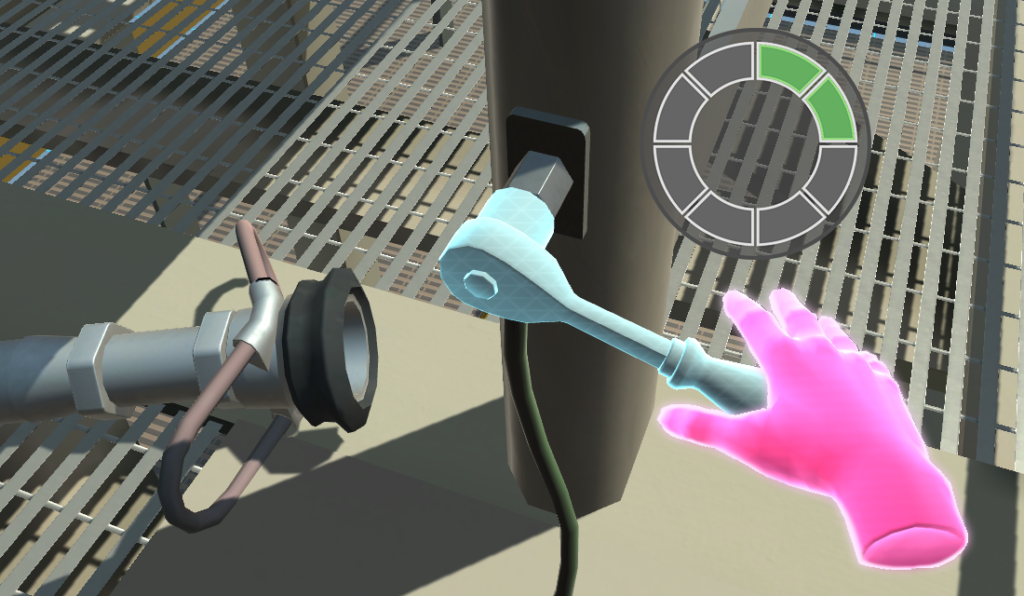
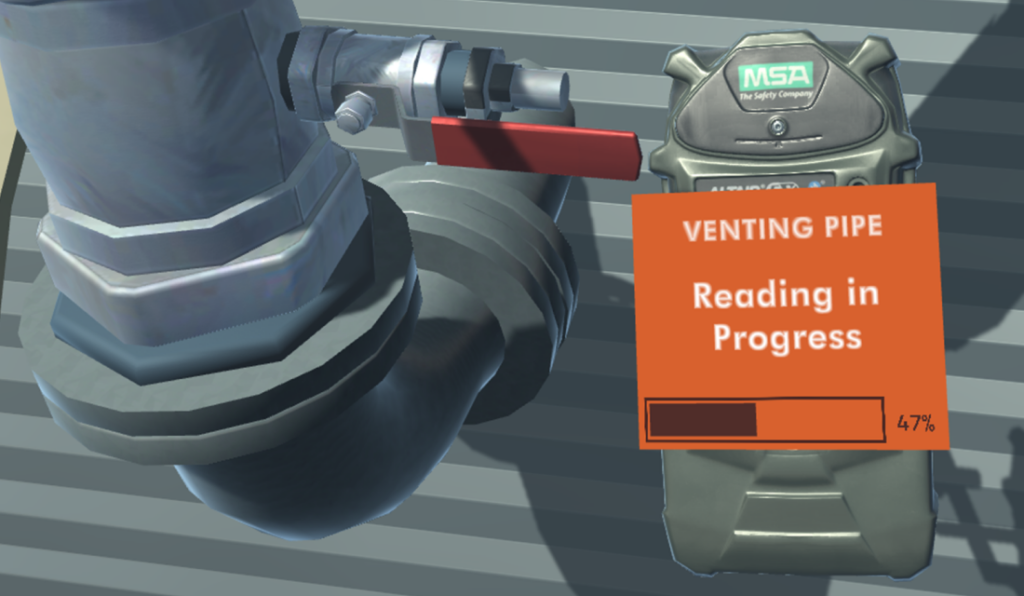
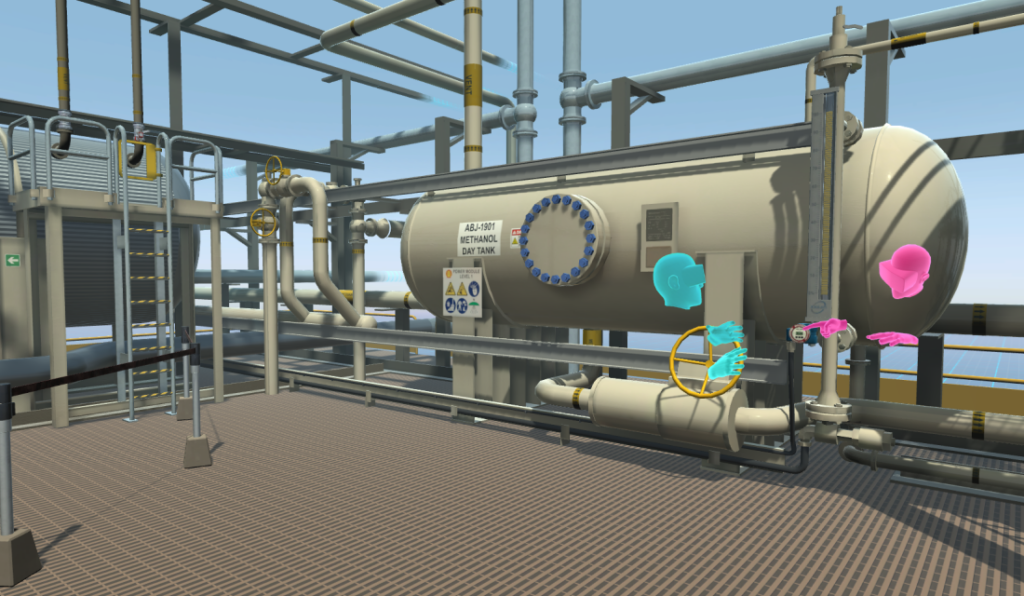
Results
- Higher throughput of trainees
- Ability to recreate training scenarios consistently
- High-risk scenarios recreated with no actual real-world risk
- Objective and auditable data capture
- Simple hardware and cloud-based content distribution makes it easy to scale
